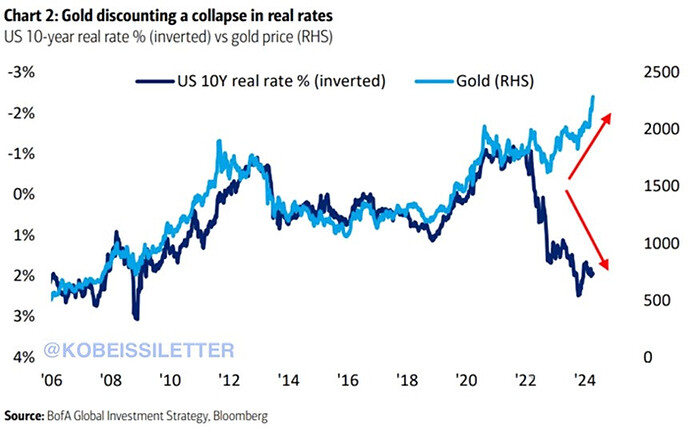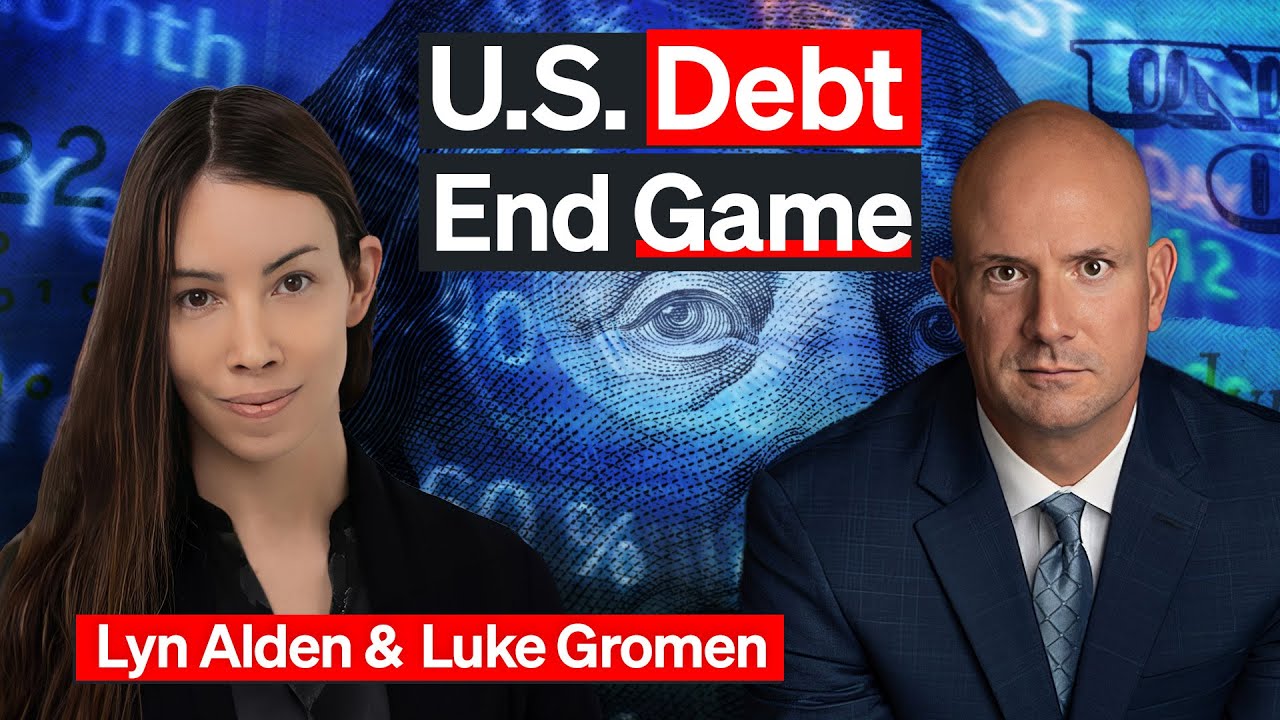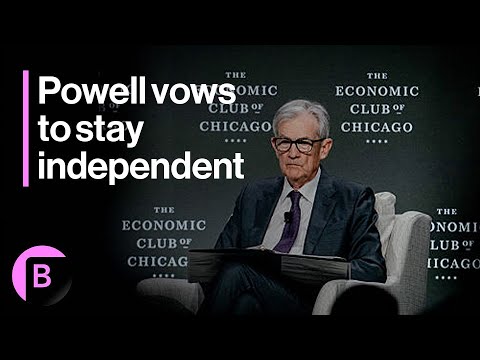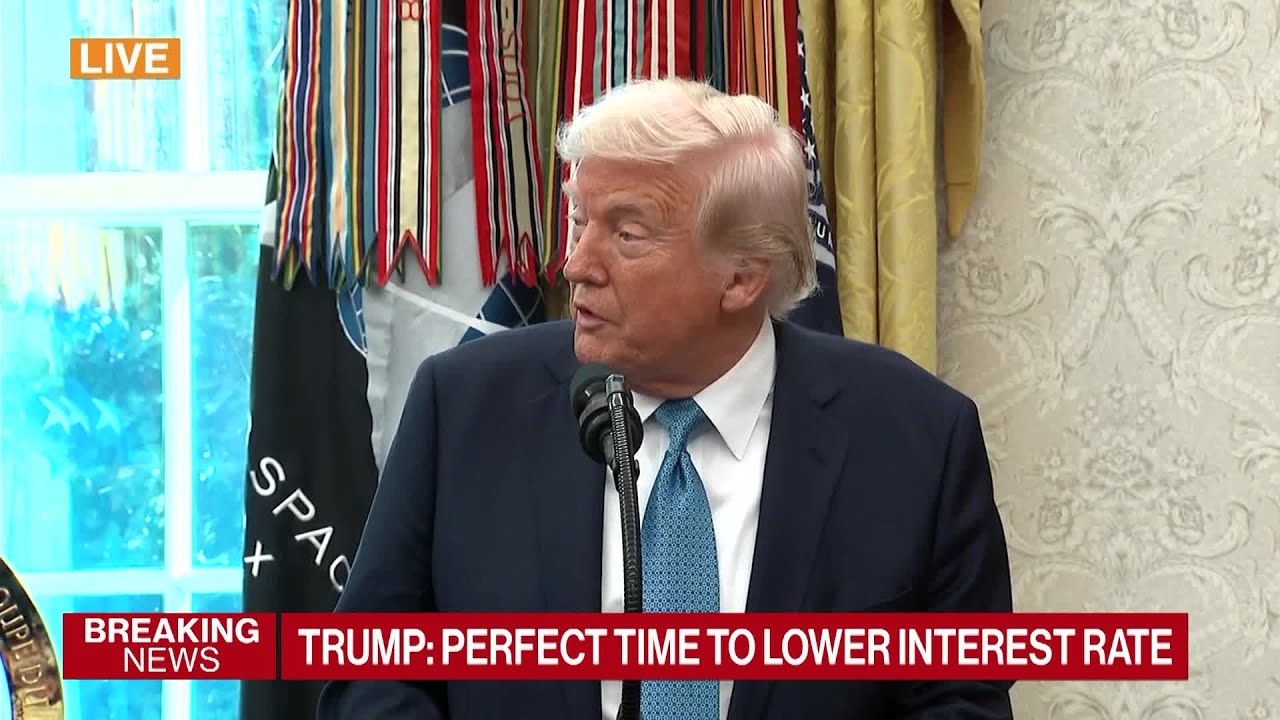Magaly’s Assessment FED Independence April 21, 2025
While I believe the risks to Federal Reserve independence are more elevated under the Trump administration, largely due to his unpredictability. I still assign a relatively low probability (~15%) to the removal of Chair Powell before 2026. Maybe he can try, but the probability of succeeding I think are low.
However, even if Powell remains in his position, his current term ends in May 2026. That means the coming months will likely still be filled with speculation over his potential successor, and what does this mean, keeping volatility around this topic elevated.
A more tangible risk, in my view, is that Trump could preemptively appoint Powell’s replacement months before his term concludes, effectively creating a “shadow Fed Chair.” According to Bessent, there are already discussions about interviewing candidates this fall.
Risk according to Jim Bianco: That is, appoint Powell’s replacement months earlier. Then, let the nominee regularly go on financial TV (BB, CNBC, FBN, etc.) and “armchair QB” and critique every Powell speech and decision, thereby undermining his authority. Should we listen to the guy leaving next May (Powell) or the person who will be Fed Chair next May?
Sounds like the Shadow Fed Chair is coming this fall.
So, Trump will be able to elect a new FED chair within a year, and this could come with changes in the FED despite Powell being fired or not. Since the FED chair is still only one vote, I don’t necessarily think this will mean rate cuts and money printing will come without making sense, but it could create a more political FED, especially since the chair is the one who gives more important speeches.
But I think the more acute risk, which is the possibility of firing Powell and sending warning signals to markets about the safety of U.S. institutions, is currently quite limited
My arguments for why the likelihood of Powell leaving/resigning currently is low:
- Bessent has apparently repeatedly cautioned White House officials that any attempt to fire Federal Reserve Chair Jerome Powell would risk destabilizing financial markets. At the same time, he has also said he is not concerned about this outcome.
- Support for the FED’s independence is wider ( bothpolitically and economically) than for other agencies. Although the ongoing FTC case before the Supreme Court seeks to narrow the precedent set by Humphrey’s Executor (limit the president to fire at will), the current thinking is that the Court will differentiate between agencies, as it has in past rulings. (Powell currently thinks this is the case also, but says he is monitoring it carefully)
- The Fed’s independence doesn’t rest solely on Humphrey’s Executor; it is also grounded in the statutory structure of the Federal Reserve Act, which limits the president’s ability to remove a Fed chair at will. To overturn this, a court would have to rule that the Act’s removal protections are unconstitutional, a much bigger and more controversial step due to the financial and political consequences.
- Mohammed’s mention of past resignations to safeguard FED credibility refers to controversies involving insider trading by Fed governors. Those situations are fundamentally different and not comparable, in my view, to Powell potentially resigning under political pressure from the president.
- IMO, Powell stepping down will be seen as falling under Trump pressure and instead threaten FED independence views even more than just completing his term. Jared Bernstein, Former Chair of the White House Council of Economic Advisers has similar opinon
- Kevin Warsh (considered by Trump as a big potential successor to Powell) has also advised against trying to fire Powell, arguing that Trump should let the Fed chair complete his term without interference.
- Hasset, Trump’s top economist, who was the one who said that Trump is studying options to remove Powell, has also said on the past that the Fed the independence of the Fed is super important. So it seems to me, they are only saying to the public what the president wants to hear.
- Powell has responded repeatedly that he will not resign under political pressure and intends to finish his term.
Video (from last Wednesday April 16 ): Powell confirmed he is intending to stay until his term finish, and that FED independence is very well understood and supported on both Washington and Congress. So, in the current FTC case, he admist he doesn’t really know the end results, but doesn’t think it will apply to the FED.



